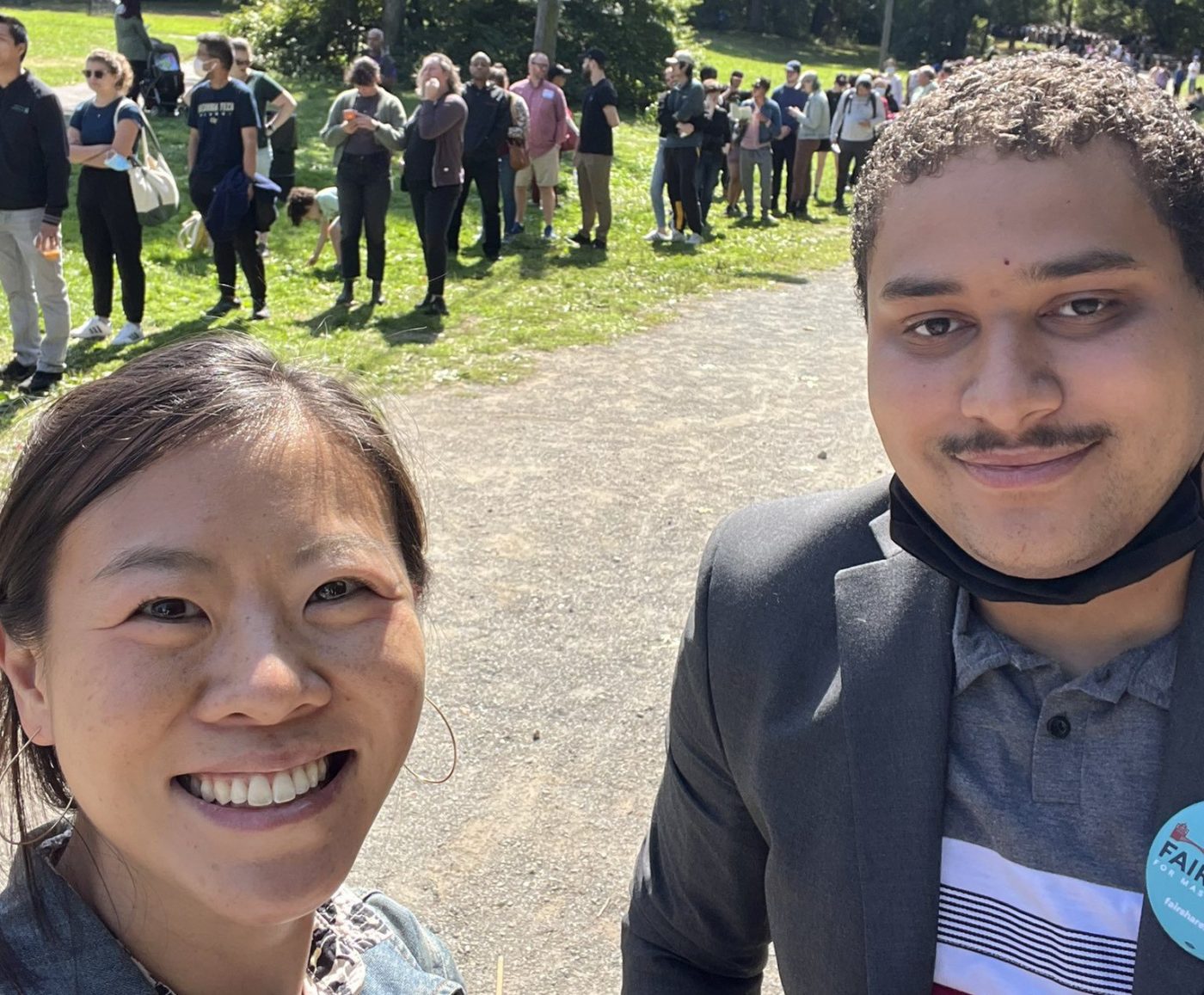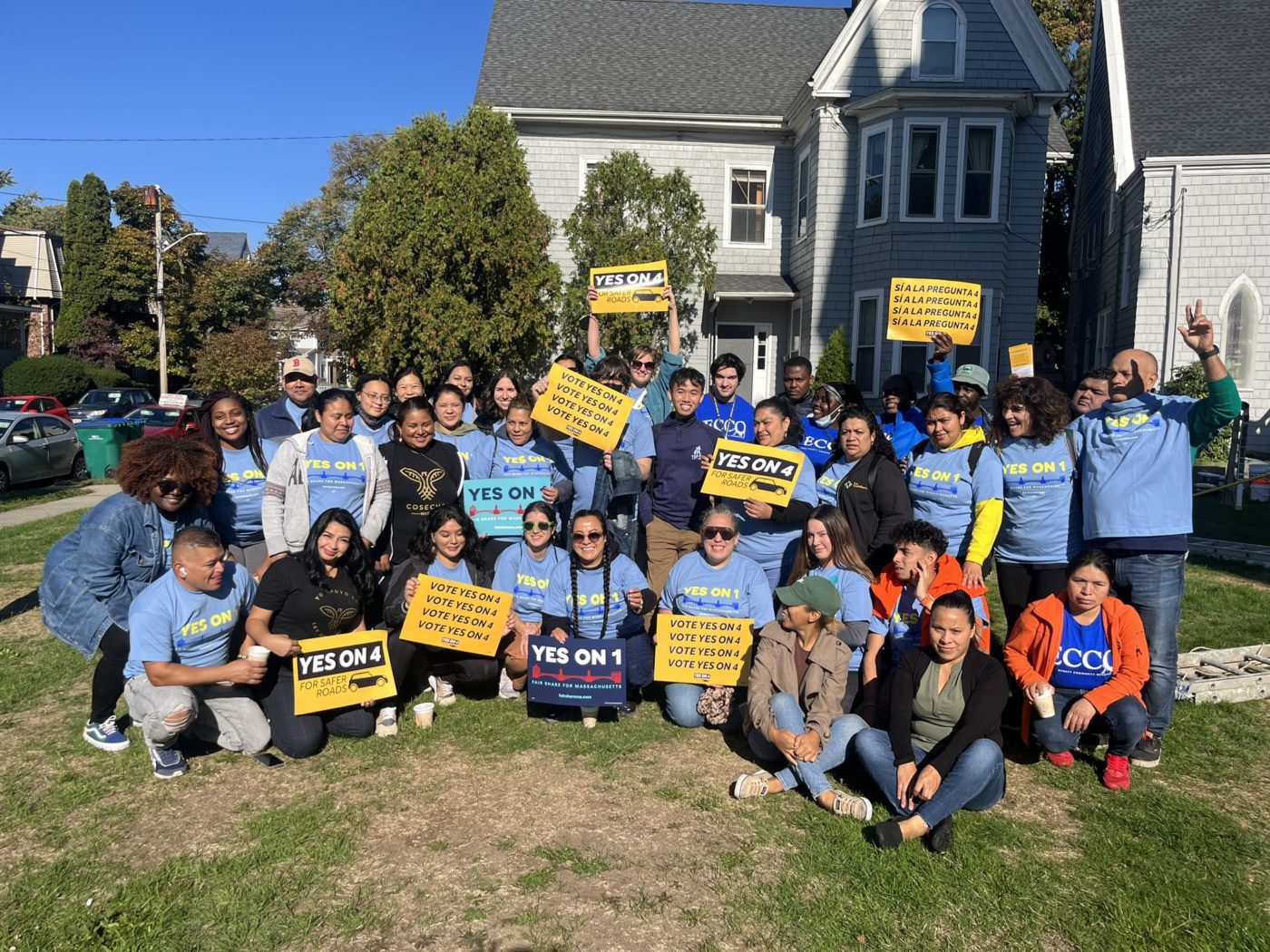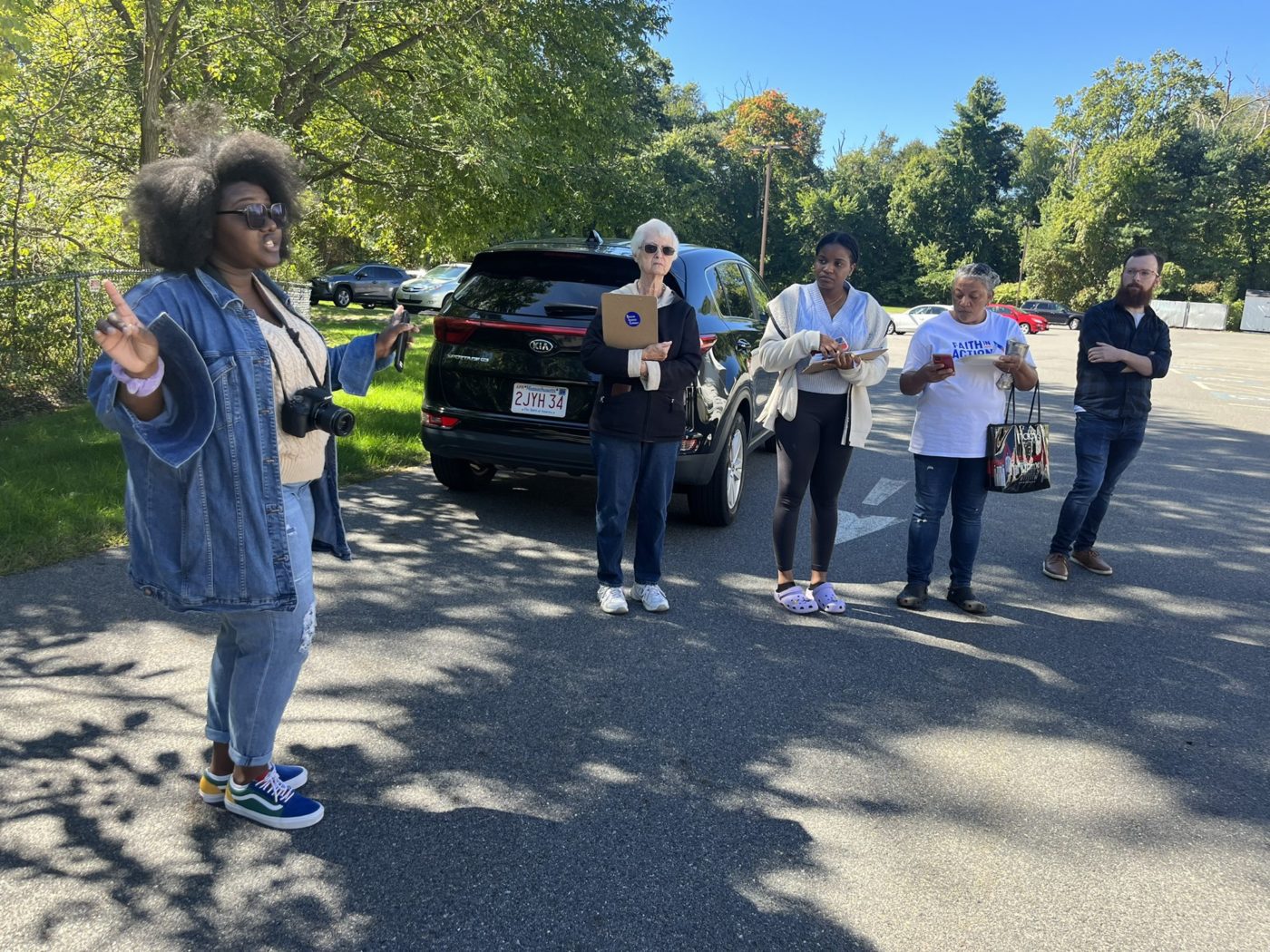Case Study
In Massachusetts, Massachusetts Voter Table is Fighting for the Wealthy to Pay their Fair Share
The Challenge
Right now, the rich pay less of their income in taxes than the rest of us. That’s far from fair. In order to properly invest in valuable social services like education, public health, community safety and infrastructure, we need everyone to contribute their fair share. That’s the case across the country, and right now it’s especially true in Massachusetts.
Over the past decade, Massachusetts has become more racially and ethnically diverse. Latinx residents now make up the second largest ethnic group in the state. As the demographic makeup of the state changes, BIPOC communities are demanding democratic representation by leading campaigns, advocating for policy, and electing candidates who will represent their interests.
But historic racial and economic injustice has continuously undermined democracy across the state. So many Massachusetts residents work hard to provide for themselves and their families, yet are denied economic opportunity because of growing inequality. Massachusetts’ economy remains one of the most racially and economically unequal, with the fourth highest rate of economic inequality in the country.
The Approach
Massachusetts Voter Table integrates nonpartisan voter engagement with grassroots organizing. With more than 30 coalition members, they fight for resources, representation, and power for communities of color, working-class people, new citizens, and youth in Massachusetts.
In order to level the playing field and support long-overdue investments, Massachusetts Voter Table partners and communities with Raise Up Massachusetts are mobilizing around the Fair Share Amendment. The amendment, which will go before voters in November 2022, is a change to the state constitution that would generate about $2 billion in annual support for transportation and public education. This bold initiative would make the richest one percent pay just four cents more on every dollar they earn after their first $1 million in a single year. And residents who earn less than $1 million per year won’t pay a cent more.

Beth Huang, Executive Director of Massachusetts Voter Table, joins organizers with Yes on 1/Fair Share Amendment to share voter education at a school event.
“We need money to fix the T. Vote Yes On 1 to pass the Fair Share Amendment, which would tax people who make over $1M per year to fund public education and transportation.”
— Beth Huang, Executive Director of Massachusetts Voter Table

Organizers and advocates with Massachusetts Voter Table and Yes on 1 for the Fair Share Amendment gather to celebrate Vote Early Day.
Our Impact
Raise Up Massachusetts, a close partner and project with Massachusetts Voter Table, has been organizing around this amendment for five years. They describe the impact below:
“Public support for the Fair Share Amendment has remained consistently strong over the years. Independent polling conducted by the MassINC Polling Group in December 2020 found that 72 percent of Massachusetts voters support the Fair Share Amendment, while UMass Amherst found in March 2021 that 65 percent of Massachusetts residents support the amendment, including 52 percent who strongly support it.”
Conclusion
For years, the top one percent of income earners in Massachusetts have paid a smaller share of their income in state and local taxes than any other income group. The Fair Share Amendment marks a game-changing policy that will put economic power back in the hands of the people. As the election approaches, it’s up to voters in Massachusetts to have their say.

Organizers and partners with MA Voter Table knock doors across Massachusetts to get out the vote.
Give to the People Power Fund to support on-the-ground organizing.
Want to learn more about this work?
Contact Us